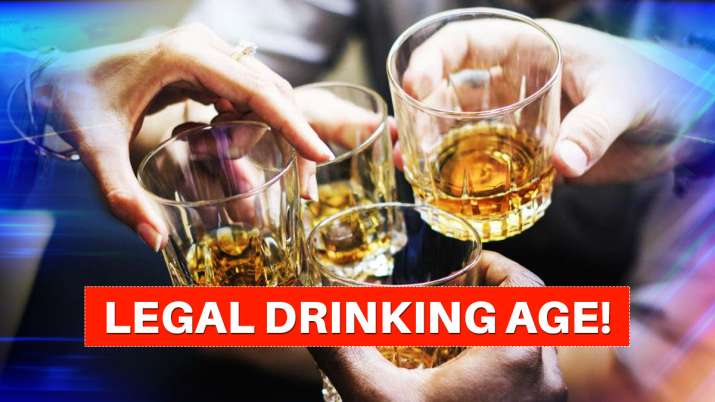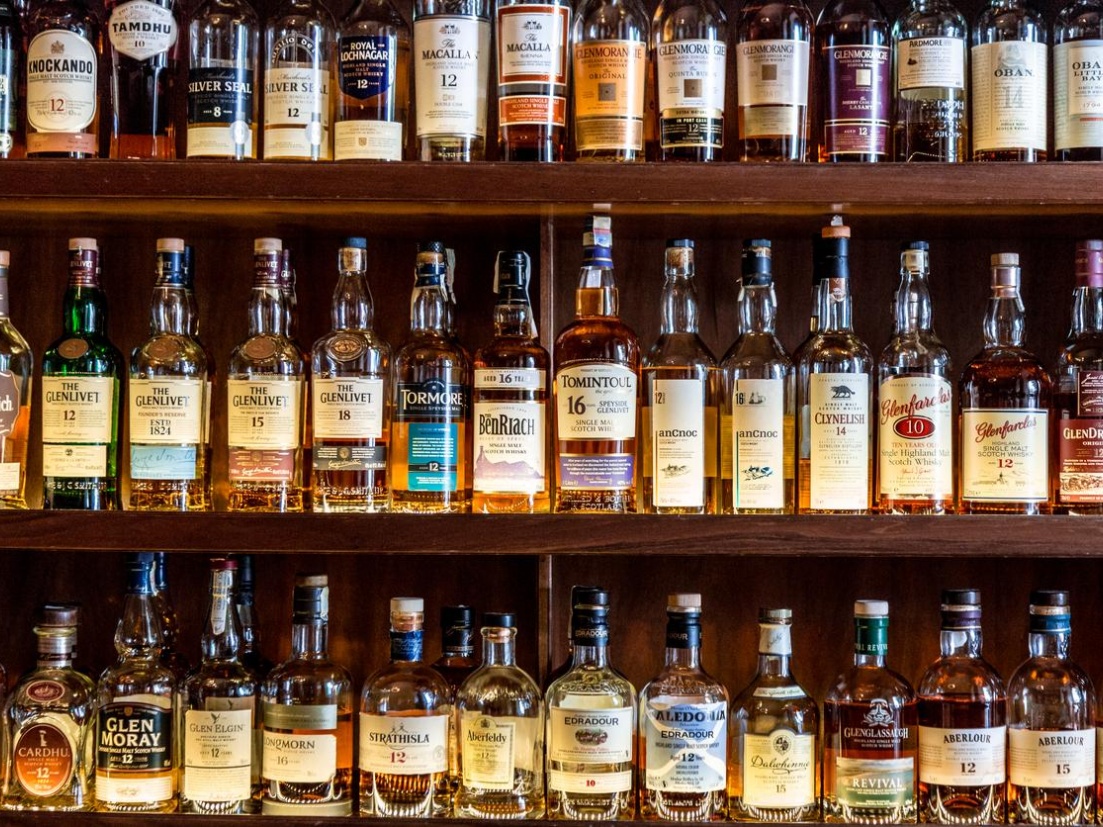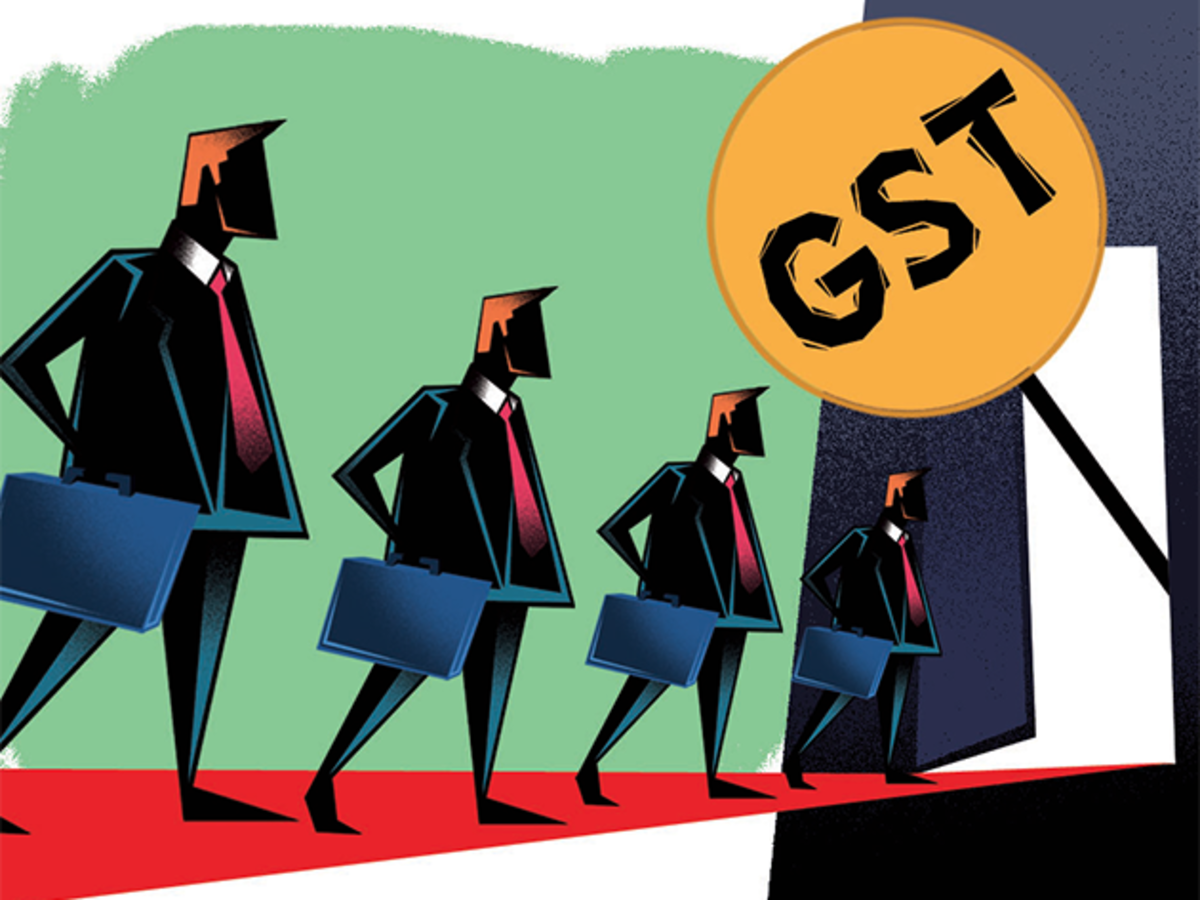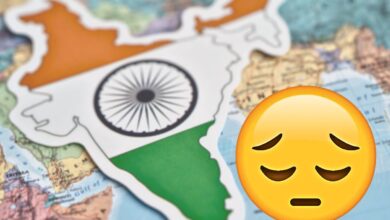
On Monday, Delhi’s Deputy Chief Minister Manish Sisodia announced lowering the legal age to drink liquor in the national capital from 25 to 21. Although the government is trying to commit the authorities to gain more revenue, such a step would boost the youths’ engagement towards alcohol. The hindsight behind such an enhancing move may be genuine, but amending the drinking age legally to such a young age is not acceptable.
The Deputy Chief Minister further added that no new liquor shops would get inaugurated in the national capital. While signifying the point at a press conference on Monday, Manish Sisodia claimed that there would be changes in the current excise policy of Delhi. While talking to the news outlets, Sisodia asserted. “The new excise policy got the approval by the Cabinet today on the basis of the recommendations of the Group of Ministers. At present, 60 percent of the liquor shops in Delhi comes under the jurisdiction of the government.”
Why is there a supremacy need for changing the current excise policy? Is the government not being able to generate enough revenue to carry out the operations? All sets of questions need cross-examining before we have our say on the latest guidelines. Sisodia alongside mentioned that the new liquor sale rules got enforced to increase the revenue. Through this latest development on the existing liquor sales, the revenue growth expects to steep up by 20% in the upcoming quarters of the fiscal year 2021.
WHAT IS THE SCENARIO OF LEGAL DRINKING AGE IN INDIA AND AROUND THE WORLD?

Liquor consumption has been an ever-growing rise over the past few years across the world. Despite the increase in the excise duty, the consumption has not even shown a glimpse of decline. Instead has boosted significantly, especially in the metropolitan cities. Delhi is among the six states across India that have barred reducing the legal drinking age to 21. Over the past five years, alcohol consumption rose in India from 5.4 billion liters in 2016 to about 6.5 billion liters in 2020.
The steady increase in these beverages consumption could amount to various factors; Including the rising levels of disposable income and the growth in the living standards in urban households. If we observe the global trends, we will see a much higher consumption of liquor in New York and London. The legal age of drinking in these countries is 18 and 21, respectively. Although, if we ponder the results of various surveys across the world, we will discover that the average per adult intake of alcohol is considerably low in India when compared to other countries like the United States.
The potency of young drinkers in India has been more prevalent in recent times. According to a survey, over 88 percent of the people aged under 25 in India purchase or consume alcoholic beverages even though it was illegal until today. That’s quite a figure to notice, keeping in mind that today’s youths are more inclined to shop for an alcoholic drink than adults. Wow!
TAX REVENUE FROM ALCOHOL IS THE HIGHEST IN DELHI
When the consumption of alcohol among the youths was under the radar and considered to be illegal. Why did the government-run liquor shops sell beverages to people below 25 years of age? The answer is compelling, as all the purchases amounted to higher tax revenue for the state. It discerns like the government was banking on the profits from liquor sales. Regardless of considering any other aspect of the dial, the government allowed liquor sales among youths across India.
In 2020, the share of excise duty in the overall tax revenue amounted to 14.1%, which was the highest among Indian states. An analysis of Delhis’ budget documents showed that it was expecting ₹5,980 crores from the excise duty on countrymade and foreign liquor in 2019-20, which worked out to 14.1% of the ₹42,500 crores of tax revenue the government collected over that year.

The 14.1% share in tax revenue was the highest contribution from alcohol over the course of this government’s term. It aspired the government to look beyond that figure. Thus, the projection for this fiscal year stands at 20%. While the trajectory of alcohol consumption doesn’t looks to fall in the next few years, we can foresee a rise in tax revenue from these sales.
Arvind Kejriwal’s government in Delhi expects a hefty rise in the tax revenue from alcohol consumption in the current financial year. The patriarchy of liquor shops has revolved around the public’s consumption. Around every corner across the state, we would behold the sights of a liquor shop. The associative nature of the move to impose rule could enhance the overall consumption in India. The Delhi Government expects to increase its revenue by almost 6% since the lockdown.
What has been staggering is until today, youths below 25 years of age were provided with alcohol even when it was illegal. Why didn’t the government ban the sale of alcohol for them? Is the current law only to fill up their pockets as now they feel the urge to do so. The thinking goes beyond that as the government plans to raise the investments in other sectors, which would mean higher expenditure complications. Thus, the revenue needs appraisal constantly.

GOVERNMENT FOCUSES ON EQUITABLE SUPPLY OF LIQUOR IN DELHI
The Deputy Chief Minister of Delhi raised concerns over the supply of alcohol across various areas in Delhi. He reassures the public that the liquor shops will continue to prosper equal supply and no benefits to a particular community or an individual under the recent guidelines.
The underserving of alcohol accustomed privileges to the liquor mafia to trade according to its norms. “Government will ensure equitable distribution of liquor shops so that liquor mafia gets thrown out of the trade. Revenue growth of 20 percent is the estimation after the reforms in excise department,” said Manish Sisodiya. Mumbai is the second largest alcohol distributor in India over the past few years, as more college students have started drinking such beverages.
What’s more intriguing is that only strong drinks get barred in Mumbai for people under 25 years of age. It gives Mumbai the complexion of the most advanced city in terms of tax revenue from alcohol. From now on, the government will not run any liquor shops in the national capital. According to the new excise policy, the liquor shops will be allowed to open only if they are set up in a space of 500 sqft.
The government is initiating such a step to the havoc scene at the shops. It would provide everyone their chance to have the best shot in buying their preferable brands. The quality of liquor available will be of international standards, and Delhi will have its standards.

WILL THE INCREASE IN TAX REVENUE CHANGE THE CONSCIENCE OF THE GOVERNMENT?
The penetration of activities of the government in key aspects like the development of the various sectors has been on a slumping low since the emergence of the Coronavirus pandemic. But with the government planning out comprehensive schemes to raise their revenue, it remains to be seen whether it is for public welfare or luxuries.
The constructive criticism around the government has been their lack of spending in the public enterprises. It has caused troublesome times for the people related to the public sector, as they don’t have enough disposable income to splurge sufficiently across various sectors of life.
Since the epidemic, the government blamed the reduction of tax revenue to be a key factor in not being able to spike up the expenditure. Whether or not the same excuses further continues to foster the government’s plan becomes instrumental in defining the success of the current government. The tax revenue in India is the highest among the developing countries, courtesy to GST and the excise duty contributing the majority proportion of it.
The government’s conscience has been in saving money for any black swan events in the foreseeable future, but do they contemplate the destruction caused amid the coronavirus pandemic. Well, if they did, then there wouldn’t have been any fallacy relating to the money of the PM’s relief Funds. Does anybody have a clue about where the money got invested?
The government needs to implement the changes in a comprehensive way that the public could witness that something finally is happening in their favor. My outlook is even though the state government might seek to invest in significant aspects. But due to the constraints from the Centre, it is left hanging in its strides. The arduous nature of the government has left the people wondering about their sorts. And how this situation will change for good is uncertain to many of the affected communities.





